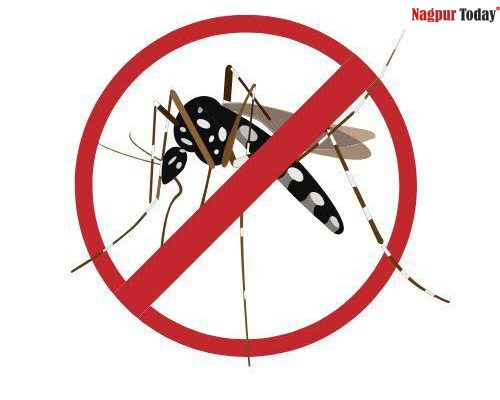Bite from a dengue virus-infected Aedes mosquito can result in dengue fever, an extremely dangerous illness. Once the symptoms start to appear, one must get a dengue test done for prompt diagnosis and treatment.

Symptoms of Dengue Fever
Generally, symptoms do not show in most cases. However, if symptoms develop, they typically appear 4–10 days post-infection and can last for upto 7 days. Listed below are some of the symptoms that can develop when infected with dengue:
- Headaches
- Pain in a muscle, bone, or joint area
- Nausea
- Vomiting
- Pain behind your eyes
- Swollen glands
- Rashes
Getting Diagnosed with Dengue
Since dengue usually doesn’t present symptoms, it can be hard to get it diagnosed properly and on time. Doctors usually prescribe a blood test known as the Dengue Fever NS1 Antigen Rapid that can help diagnose this disease more quickly. This test can detect the presence of the NS1 antigen in your blood, which is a protein that is secreted by the dengue virus strain in the beginning days of the infection.
The dengue test price is different for various regions, as a couple of factors influence the test’s pricing. Where you live, what diagnostic lab you choose, if other tests are ordered along with the dengue antigen test, etc. all contribute towards the dengue test price. The price can also change depending on whether you opt to go to your nearby diagnostic lab to provide the sample needed or book for home sample collection. Oftentimes, you can avail of discounts on the prices as various diagnostic centres run such reward programmes to ensure testing is affordable for everyone.
Severe dengue (Dengue Hemorrhagic Fever)
While most cases of dengue virus infection are mild, some can develop into a more severe and life-threatening form of the disease, which is known as dengue hemorrhagic fever or dengue shock syndrome. In more severe cases of dengue fever, people may develop severe symptoms such as:
- Pain in your abdominal region
- Continuous vomiting
- Rapid and hard breathing
- Throwing up blood or having the presence of blood in your stool
- Bleeding from the nose
- Bleeding from the gums
- Malaise
- Consistently being thirsty
- Weakness
- Paleness
- Cold Skin
Severe dengue occurs when blood vessels get damaged and start leaking, leading to a decrease in the platelet count (clot-forming cells) in the bloodstream. This can result in shock, internal hemorrhage, organ failure, and, if not treated promptly, even death.
Why Do We Need a Dengue Fever NS1 Antigen, Rapid Test?
Early detection and diagnosis of the dengue virus ensures better health outcomes and also lowers the chances of developing dengue hemorrhagic fever later in life. Since the symptoms of dengue are common and can develop in other diseases and illnesses, rapid antigen testing helps rule out any other causes of the symptoms well in advance.
Getting Treated for Dengue Fever
There is currently no official medication available to treat dengue. Once diagnosed, your doctor can provide steps and a proper treatment regimen that can help manage the symptoms better. Listed below are certain ways in which you can manage dengue symptoms better:
- Hydrate yourself constantly by drinking water, coconut water and ORS.
- Take adequate rest.
- Use acetaminophen (paracetamol) to manage pain and fever.
- Avoid Nonsteroidal anti-inflammatory medicines such as ibuprofen and aspirin as they can raise the risk of bleeding.
Prevention Methods for Dengue
Ways to prevent dengue include:
- Use bug repellents that are EPA-registered and have 20% to 30% DEET, Picaridin, or IR3535 in them.
- Ensure you cover your skin at all times while going outdoors.
- Clear stagnant water surrounding you to curb the breeding of mosquitoes.
- Ensure there are no nooks and crannies that can allow mosquitoes to enter your home.
- Avoid travel to areas where there is a dengue outbreak or the illness is common in general.
- Using a window screen wherever possible.
Conclusion
While there is no specific treatment, the illness can be diagnosed early by doing a rapid antigen test. Make sure to check with your labs before booking the test as the dengue test price can fluctuate depending on your age, region or other parameters. While dengue doesn’t have a treatment regime, stop the spread of the disease by taking preventive measures.













